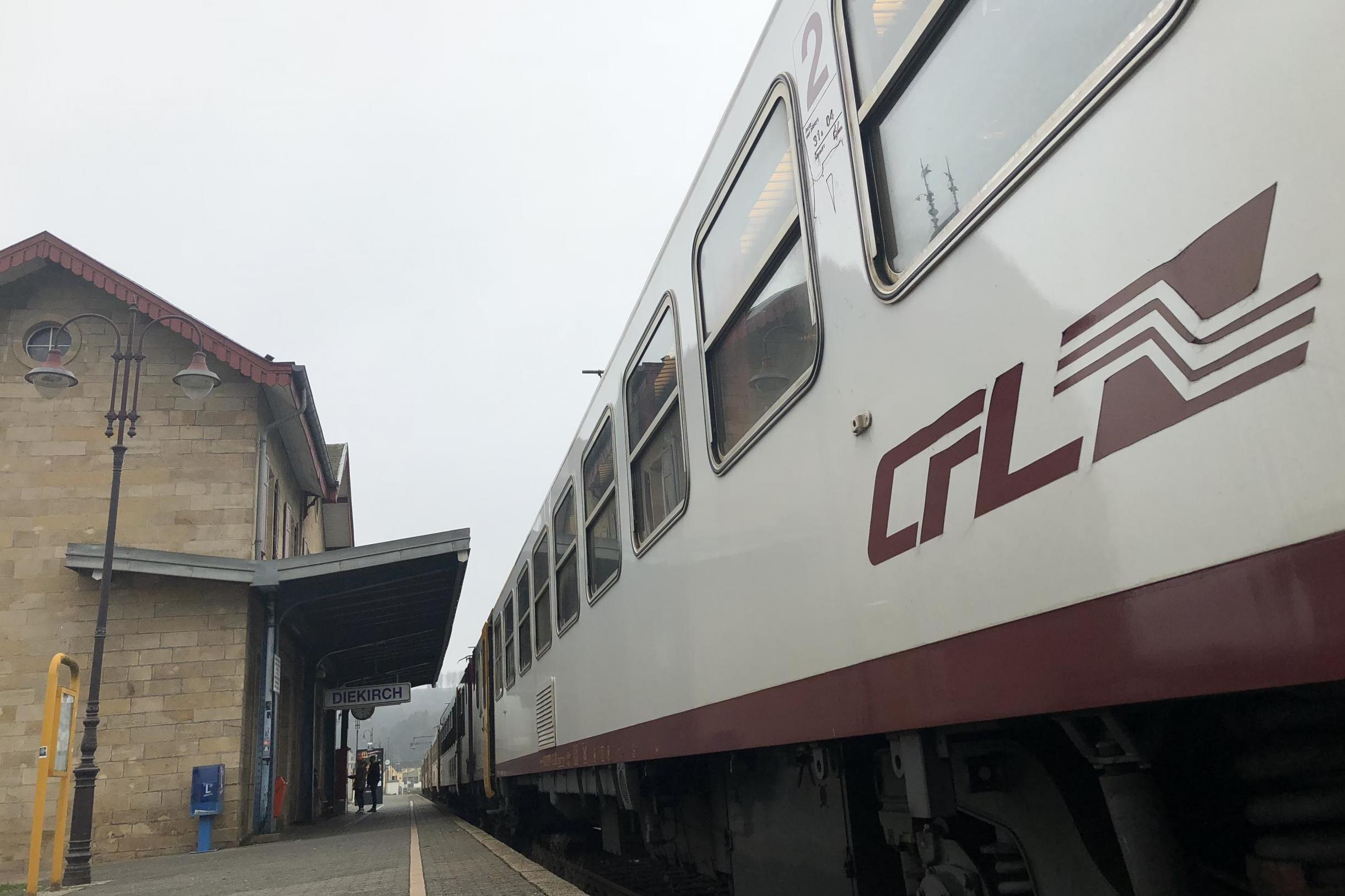Luxembourg makes all public transport free from midnight
The Grand Duchy has brought forward the launch of permanent free trains, trams and buses

Your support helps us to tell the story
From reproductive rights to climate change to Big Tech, The Independent is on the ground when the story is developing. Whether it's investigating the financials of Elon Musk's pro-Trump PAC or producing our latest documentary, 'The A Word', which shines a light on the American women fighting for reproductive rights, we know how important it is to parse out the facts from the messaging.
At such a critical moment in US history, we need reporters on the ground. Your donation allows us to keep sending journalists to speak to both sides of the story.
The Independent is trusted by Americans across the entire political spectrum. And unlike many other quality news outlets, we choose not to lock Americans out of our reporting and analysis with paywalls. We believe quality journalism should be available to everyone, paid for by those who can afford it.
Your support makes all the difference.Rail, bus and tram travellers in Luxembourg will never have to buy a ticket again from midnight.
The government in the Grand Duchy has unexpectedly brought forward the introduction of free public transport by 24 hours. It will be the first country in the world to abolish fares nationwide.
François Bausch, the minister of mobility and public works, describes the move as: “The social icing on the cake of the global strategy for a multimodal revolution”. He has announced that free travel will commence on 29 February, not 1 March as previously reported.
The last opportunity to pay the current €2 (£1.70) flat fare will be on bus number 6 from the Pletzer stop in the suburb of Helfenterbruck, at 11.59pm.
Passengers can dodge the fare by walking 200 metres to the next stop, City Concorde – where they would become the first beneficiaries of the unprecedented policy, with a departure at midnight precisely.
A spokesperson for the Luxembourg government told The Independent: “As 2020 is a leap year and as the concerts and celebrations are happening tomorrow, it has been decided to make public transport free as from tomorrow, in order to allow everybody to join the public events free of charge.”
Nationwide free transport is a key policy of Luxembourg’s ruling coalition, comprising the centrist Democratic Party, the left-wing Socialist Workers’ Party and the Greens.
The strategy aims to reduce the gap between rich and poor, and to reduce congestion. The Grand Duchy is thriving economically, but has severe problems with traffic.
Luxembourg has more cars per capita than any other country in the European Union, and only one in five commuters use public transport.
The Grand Duchy already offers free trains, buses and trams to everyone under 20, and to students aged up to 30.
At present, the nationwide flat fare of €2 is valid for up to two hours of travel, which in a nation the size of Oxfordshire covers almost any journey. First class rail costs €3.
There have been concerns about possible abuse of the system. The mobility ministry says: “Every passenger must be able to produce a valid personal ID card or passport and may be banned from public transport at any time.”
It will still be possible to buy tickets from 29 February: first-class carriages on the Luxembourg rail network are being kept in service.
Mr Bausch said keeping first class as a premium service would “continue to allow people who want to work on the train to do it serenely”.
One resident, Mary Jones said: “Free public transport in Luxembourg is a smart and eye-catching move by the government.
“But where the government deserves more credit is in its efforts to finally force through infrastructure reform.”
The mobility ministry is in the middle of a five-year investment programme, in which €2.57 (£2.2bn) is being spent on rail and trams, and plans to have an all-electric fleet of buses by 2030.
The transport writer Nicky Gardner, who is on her way to the small nation for the event, said: “To give an entire country free transport is revolutionary.
“Apart from encouraging commuters to shift from their cars, it will slowly transform the attitudes of an entire population towards public transport.”
The number of workers who cross from Belgium, France and Germany to Luxembourg each day is approaching 200,000 – in a country with fewer than 600,000 people.
While cross-border trains from nearby towns and cities will continue to levy fares, they will be reduced in line with the proportion of the journey in Luxembourg territory.
Join our commenting forum
Join thought-provoking conversations, follow other Independent readers and see their replies
Comments